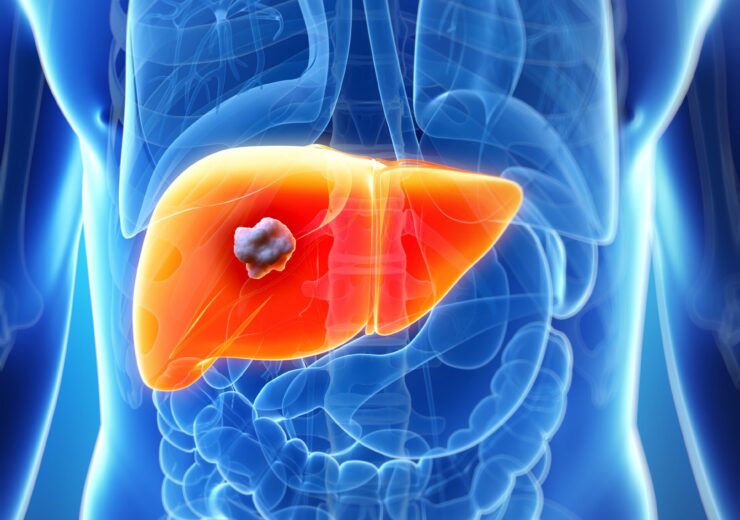The AI-based blood testing technology, dubbed DELFI (DNA evaluation of fragments for early interception), had accurately detected liver cancers at their earliest stages, with an overall sensitivity of 88% and a specificity of 98%

DELFI platform demonstrated its ability to accurately detect liver cancer. (Credit: PRNewswire/ Delfi Diagnostics)
Delfi Diagnostics announced that its high-performance liquid biopsy platform showed promise in the detection of liver cancer, based on positive data from a recently published study.
The AI-based blood testing technology, dubbed DELFI (DNA evaluation of fragments for early interception), detects fragmentation changes among cell-free DNA (cfDNA), the DNA from cancer cells released into the bloodstream.
In the study, the DELFI platform accurately detected liver cancer from 724 samples collected from people in the US, the EU, and Hong Kong.
The technology has detected liver cancers at their earliest stages, with an overall sensitivity of 88% and a specificity of 98%, in an average-risk population.
The test showed 85% sensitivity and 80% specificity in samples collected from those at high risk of HCC.
Delfi chief operating officer Jenn Buechel said: “We are pleased to see promising early data in liver cancer, which is a cancer type with a significant unmet need and potential clinical utility.
“These data, combined with our previous promising data in lung cancer, provide additional proof of concept for our technology platform across multiple cancer types.
“In the study, the researchers estimated that a test like Delfi’s that is easy to perform with a routine blood sample and relatively low cost could more than double the number of liver cancer cases detected in a high-risk population compared to today’s standard of care – a mix of ultrasound imaging and protein tests that few patients receive.”
DELFI technology was developed by researchers at Johns Hopkins Kimmel Cancer Centre.
It measures the way DNA is packaged inside the nucleus of a cell, by evaluating the cell-free DNA present in the circulation from different regions across the genome.
By examining millions of cfDNA fragments for abnormal patterns, including their size and amount of DNA, DELFI identifies the presence of cancer.
In the latest study, researchers performed the test, which was previously used to accurately detect lung cancer, using cfDNA fragments isolated from the plasma samples.
The patterns of fragmentation were analysed across each sample to develop a DELFI score.
Johns Hopkins University School of Medicine assistant professor of medicine, and the study co-senior author Amy Kim said: “Increased early detection of liver cancer could save lives, but currently available screening tests are underutilized and miss many cancers.
“Currently, less than 20% of the high-risk population get screened for liver cancer due to accessibility and suboptimal test performance.
“This new blood test can double the number of liver cancer cases detected, compared to the standard blood test available, and increase early cancer detection.”
Earlier this year, Delfi Diagnostics secured $225m in a Series B financing round, which saw participation from Lilly, Point72, Brown Advisory, Initiate Ventures, and PTX Capital, among others.
